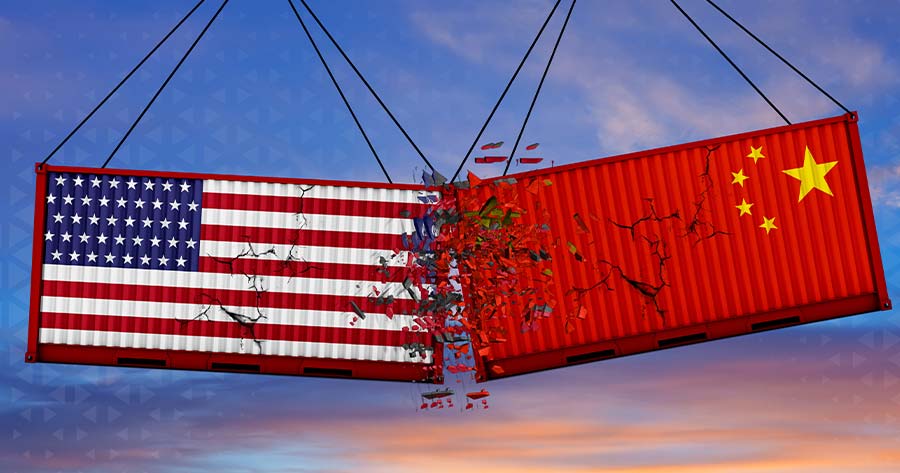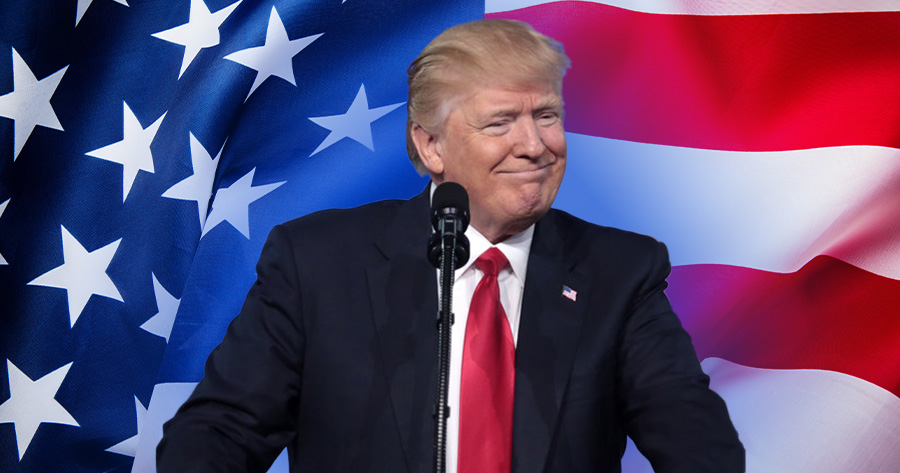The recent actions taken by the United States to curb the export of high-end chips and equipment to China under the disguise of national security concerns are not only hindering technological advancements but also strategically targeting China’s rise as an economic powerhouse. The U.S. allegations that China will misuse these chips for military purposes are merely a facade to disguise its true intentions of maintaining dominance and thwarting competition.
The consequences of these restrictions are beginning to manifest, with companies like ASML feeling the impact on their bottom line. ASML, a vital player in the global chip supply chain, has seen a significant drop in sales to China due to U.S. export restrictions. Despite surpassing expectations in net sales for the third quarter, the company anticipates a decline in sales to China in the coming years. This has not only caused a dip in ASML’s shares but could potentially result in a substantial loss in market capitalization.
It is evident that these restrictions are not only hurting Chinese companies but also impacting U.S. companies that heavily rely on the Chinese market. Reports suggest that despite these export controls, high-end chips are still making their way to Chinese firms through illicit means, highlighting the futility of such restrictive measures.
Furthermore, the U.S. efforts to stifle China’s ambition to develop its semiconductor industry are short-sighted and counterproductive. By impeding China’s technological progress in the semiconductor sector, the U.S. is not only stifling innovation but also jeopardizing its own interests in the long run.
Instead of resorting to protectionist measures, the U.S. should focus on fostering a healthy competitive environment that encourages innovation and collaboration. By embracing a more inclusive approach towards global technological advancements, the U.S. can not only benefit from China’s growth but also contribute to the development of a more interconnected and technologically advanced world.
In conclusion, the U.S. export restrictions on high-end chips and equipment to China are not justifiable and are driven by the fear of losing dominance in the global economic landscape. It is imperative for both countries to find common ground and work towards a collaborative future that benefits all stakeholders in the tech industry.
The U.S. still needs China due to its market size. Recent developments highlight the interconnectedness between the U.S. and China. Apple CEO Tim Cook’s visit to China to discuss the rollout of Apple Intelligence in the country underscores the importance of the Chinese market for U.S. tech giants. The commitment shown by Cook to invest and grow alongside Chinese companies signifies the mutual benefits of a collaborative approach between the two nations.





